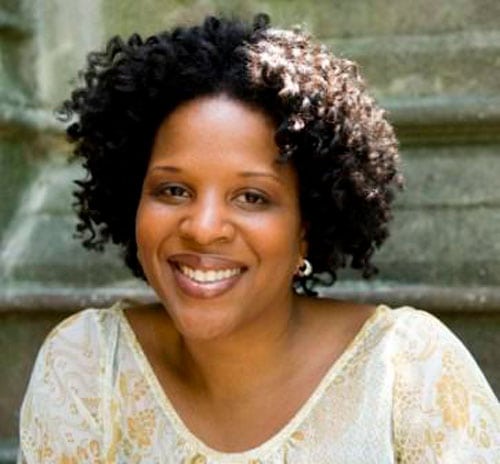
September 27, 2018; New York Times
There is a trend in this country of black women’s leadership that’s becoming a rising moment of women of color standing for elected office—successfully and with good ground game. This is the result of years of movement building. We are reminded of this by the full-page ad run on Wednesday in the New York Times that declares support for Dr. Christine Blasey Ford. Its form closely replicates an ad run in that same paper in 1991 in defense of Anita Hill. That ad contained the names of 1600 women signatories, including such luminaries as Audre Lorde and Toni Morrison. Its central statement was, “No one will speak for us but ourselves.”
In this version, the names of 1600 men in tiny type surround the statement, “We believe Anita Hill. We also believe Christine Blasey Ford.” The elaboration that follows reads, in part, “For decades, a culture of misogyny has allowed men to act with impunity and without consequence. We demand an end to that culture and we pledge to do our part in dismantling it.”
The 1991 ad, organized by black feminist scholars Barbara Ransby, Deborah King, and Elsa Barkley Brown, was smaller, and the $50,000 to pay for it was mostly raised in small amounts of $10 to $25 using a phone number and a post-office box.
Sign up for our free newsletters
Subscribe to NPQ's newsletters to have our top stories delivered directly to your inbox.
By signing up, you agree to our privacy policy and terms of use, and to receive messages from NPQ and our partners.
“We wanted black women’s voices to be heard, and we found her story to be believable,” said Dr. Ransby, a history professor at the University of Illinois, Chicago.
Indeed, it was tweets from Tayari Jones, which have since been retweeted more than 19,000 times, recalling her participation in the ad as a 20-year-old student, that brought the 1991 ad to the attention of a new generation of activists, including Meena Harris of the Phenomenal Woman Action Campaign. Harris had already started to work with a nonprofit, Futures Without Violence, where male allies are speaking out. Enter Alicia Garza, cofounder of the Black Lives Matter Global Network, and a social media and crowdfunding campaign was soon launched that sought the $100,000 required to run a full-page New York Times ad.
The connective tissue between the two ads, run more than a generation apart, says much about the staying power of a movement that has often been given less than a second thought by white progressives. It’s more than impressive to see it now centering itself in the forefront of an effort to reclaim the country for all of its residents.
For more thoughts on the aftermath of yesterday’s Kavanaugh hearing, you can read today’s feature.—Ruth McCambridge













